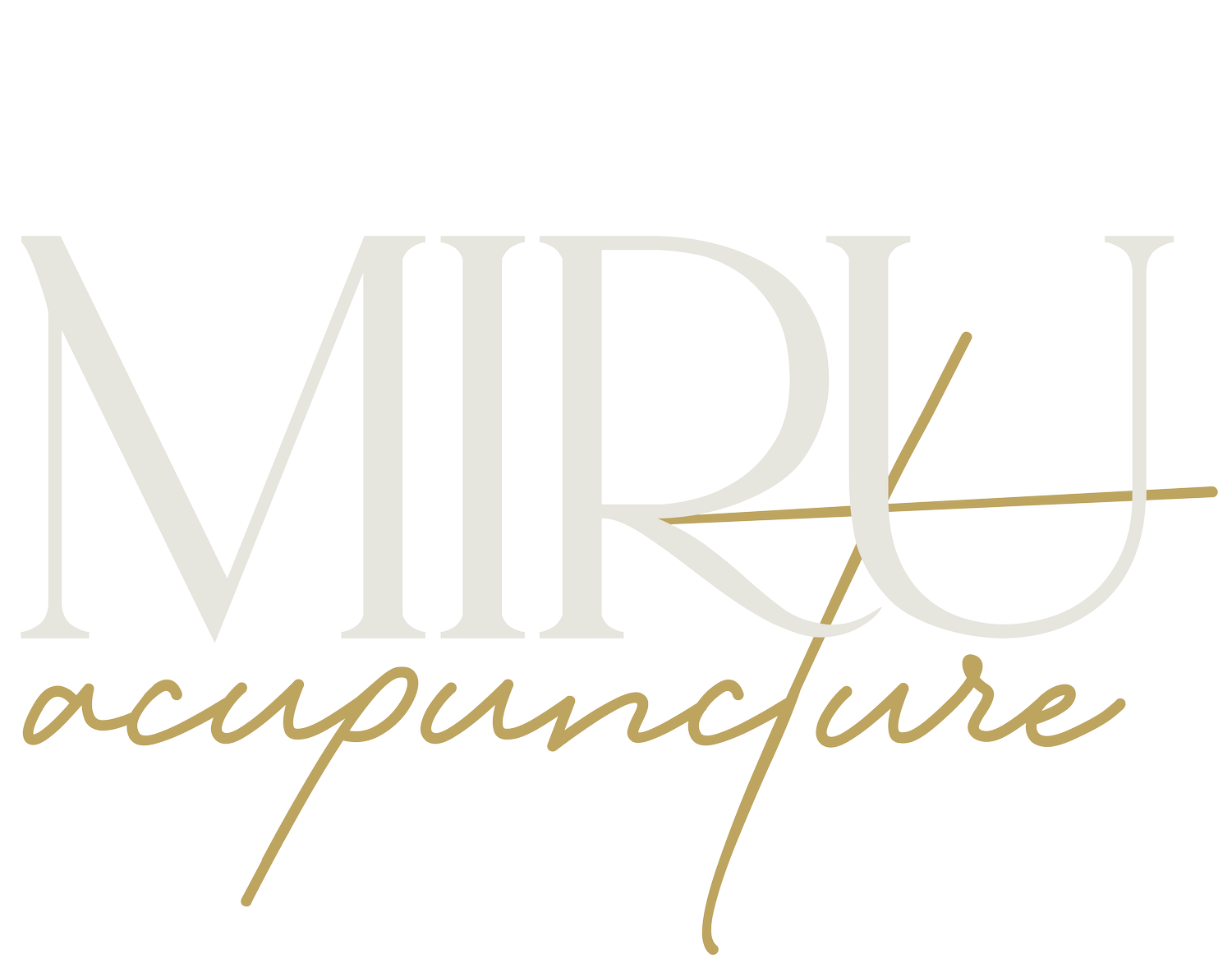Insomnia
Insomnia affects millions of people, making it difficult to fall asleep, stay asleep, or wake feeling rested. While sleep medications may offer temporary relief, they often come with side effects or dependency concerns. Acupuncture provides a natural and effective approach to improving sleep by addressing underlying imbalances that disrupt rest.
Types of Insomnia
There are different patterns of insomnia, each with unique causes and symptoms. Difficulty falling asleep is often linked to an overactive mind, stress, or anxiety. Individuals experiencing this may lie awake for hours, unable to relax. Waking up in the middle of the night is another common pattern, sometimes occurring at the same time each night. This can be related to hormonal imbalances, digestive issues, or excessive mental activity. Some people also experience early waking, where they wake too soon and cannot fall back asleep, often due to emotional stress or adrenal fatigue.
How Acupuncture Restores Healthy Sleep
Acupuncture works by regulating the nervous system, reducing stress, and improving circulation. It helps to balance hormones, calm an overactive mind, and restore the body's natural sleep-wake cycle.
Calms the Nervous System – Acupuncture reduces the body's stress response by decreasing cortisol (the stress hormone) and increasing endorphins. This promotes a state of deep relaxation, making it easier to fall asleep and stay asleep.
Balances Qi and Blood Flow – According to Traditional Chinese Medicine (TCM), insomnia often results from imbalances in Qi (energy) and blood flow. Acupuncture helps improve circulation and restore balance, allowing for a more restful state.
Regulates Hormones – Sleep disturbances can be tied to hormonal shifts, such as imbalances in melatonin, estrogen, or cortisol. Acupuncture supports the endocrine system, helping the body regulate these hormones naturally.
Addresses Emotional Factors – Anxiety, depression, and racing thoughts are common contributors to insomnia. Acupuncture helps stabilize emotions by regulating neurotransmitters like serotonin and dopamine, which are essential for mood and relaxation.
What to Expect After Treatment
Most patients notice a sense of deep relaxation after acupuncture, and some may sleep better immediately. However, a series of treatments is recommended to retrain the body’s sleep patterns. Over time, acupuncture helps create a steady, natural rhythm for sleep without the need for medication.
By addressing both the physical and emotional causes of insomnia, acupuncture offers a holistic and effective solution for those struggling with sleep disturbances. Whether you have trouble falling asleep, staying asleep, or waking too early, acupuncture can help restore balance and promote truly restful sleep.

